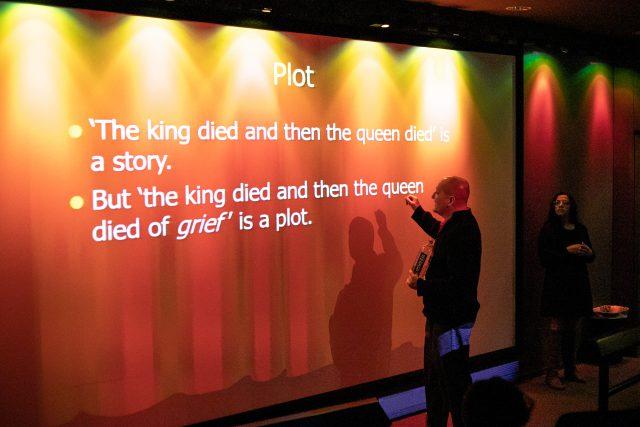
American students are reading less every year. With the growth of social media and video platforms, it’s not surprising that younger people tend to gravitate towards something more visual. However, this time, technology is not entirely to blame.
Although one may argue that students don’t have to like a particular literary piece to study it, it isn’t easy for anybody to think critically about something they have zero passion for.
While students have been reading since they were children, it’s only when they start middle school that they get used to books that are more than 200 pages.
Then, high school and colleges will assign students books that may not appeal to them at all. It could be the language, the tone or the content does not capture the students’ attention.
For so long, humans have agreed art is subjective. However, the American education system has decided only to teach works that mainly come from the last centuries and are considered classics.
But, there’s no clear standard why classics are better than contemporary books like Harry Potter, The Hunger Game or Twilight. Each person will relate to them in different ways.
There are many reasons why literature homework can bore students. One of which is how teachers still mainly rely on textbooks, which are put together by scholarly people who have read enough to understand the content.
Of course, there are reasons pieces like “Hamlet,” “To Kill a Mockingbird,” “The Odyssey” and many more are classics, and students should respect those works. But to continually shove them to students one-by-one is too much. After all, being told to do something is not as enjoyable as to do it voluntarily.
It’s not that those works are not good, or students should completely disregard. The use of language is different, and students may find difficulty in relating to the works.
Since teachers have to lecture the content in-depth, it’s easy to understand why they would gravitate towards using novels that they are used to.
While it’s safe to say that students who already prefer smartphones and social media will have a hard time paying attention to reading, they should not be left out of teachers’ minds when putting the lesson plan together.
Instead, teachers can take time to blend with newer writing styles, elements and books that they are not familiar with.
Teachers can pick a currently famous book that has a movie adaptation. Students who love to read will do so anyway, and those who don’t like books may still know about the work enough to discuss, which can lead to a more interactive environment during literature classes.
From then, more students may engage in reading activities, which may help the teachers in introducing heavier reading materials
Or, teachers can try to do a survey and ask students what genres they would like to read. It can be crime, horror, science fiction, romance or many more.
Then, they can combine those choices in between the core curriculum. It’s not fair to only introduce classics to students when there are so many more interesting offerings in the bookstore, and young adults may miss out.
As educators, teachers should find ways to encourage students to read. Teachers should bring up a discussion to engage students rather than push them further away.
While it certainly takes more time and effort, it’s better than lecturing to sleepyheads with ancient books. In the end, one’s job can only be effective if they can connect with their audience.
There are many reasons why students stop reading, but there are also many ways to try solving the problem.
While classics are essential to literature history, there are modern acclaimed writers whose stories deserve to be discussed and may resonate with students better. Reading should be a fun hobby, not a forced activity.































